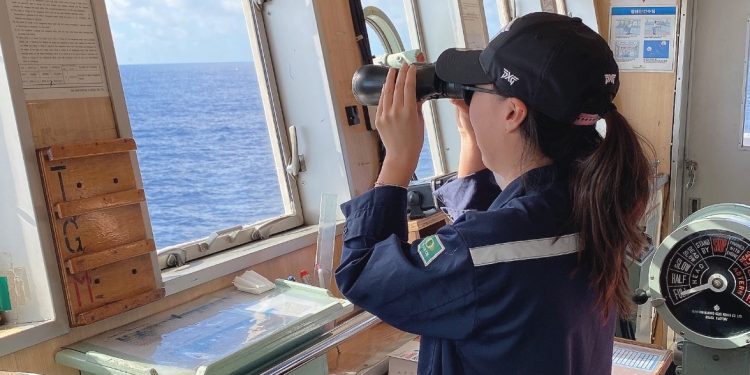Navigating the Seas of Change: Overhauling Seafarer Training for Green Fuels Transition
Key Ideas
- Industry consultations led by Lloyd's Register indicate a need for comprehensive seafarer training overhaul for transitioning to zero and near zero GHG emission fuels.
- Report outlines challenges and hazards of using ammonia, methanol, and hydrogen as marine fuels, emphasizing the need for specialized training and safety measures.
- Collaborative efforts with UN Global Compact and IMO to develop competency standards and training frameworks for safe deployment of green fuels onboard ships.
- Roll-out of training materials scheduled for May 2025, with a focus on upskilling and reskilling seafarers encountering hydrogen, ammonia, and methanol.
The Maritime Just Transition Task Force (MJTTF), in partnership with Lloyd’s Register and the United Nations Global Compact, conducted over 500 consultations to address the challenges of transitioning to zero and near zero GHG emission fuels in the maritime industry. The report emphasizes the need for a significant overhaul in seafarer training to safely use ammonia, methanol, and hydrogen as marine fuels. Stakeholder workshops highlighted the safety risks and required competencies for each fuel, such as emergency response procedures for ammonia, fire safety measures for methanol, and enhanced fire safety systems for hydrogen. The project aims to develop detailed competency standards and a training framework for maritime institutions by May 2025. Collaboration with the IMO and various industry partners underscores the commitment to preparing the maritime workforce for the adoption of alternative fuels and achieving decarbonisation goals. Industry experts stress the importance of upskilling seafarers to navigate the transitioning landscape towards greener and more sustainable maritime operations.
